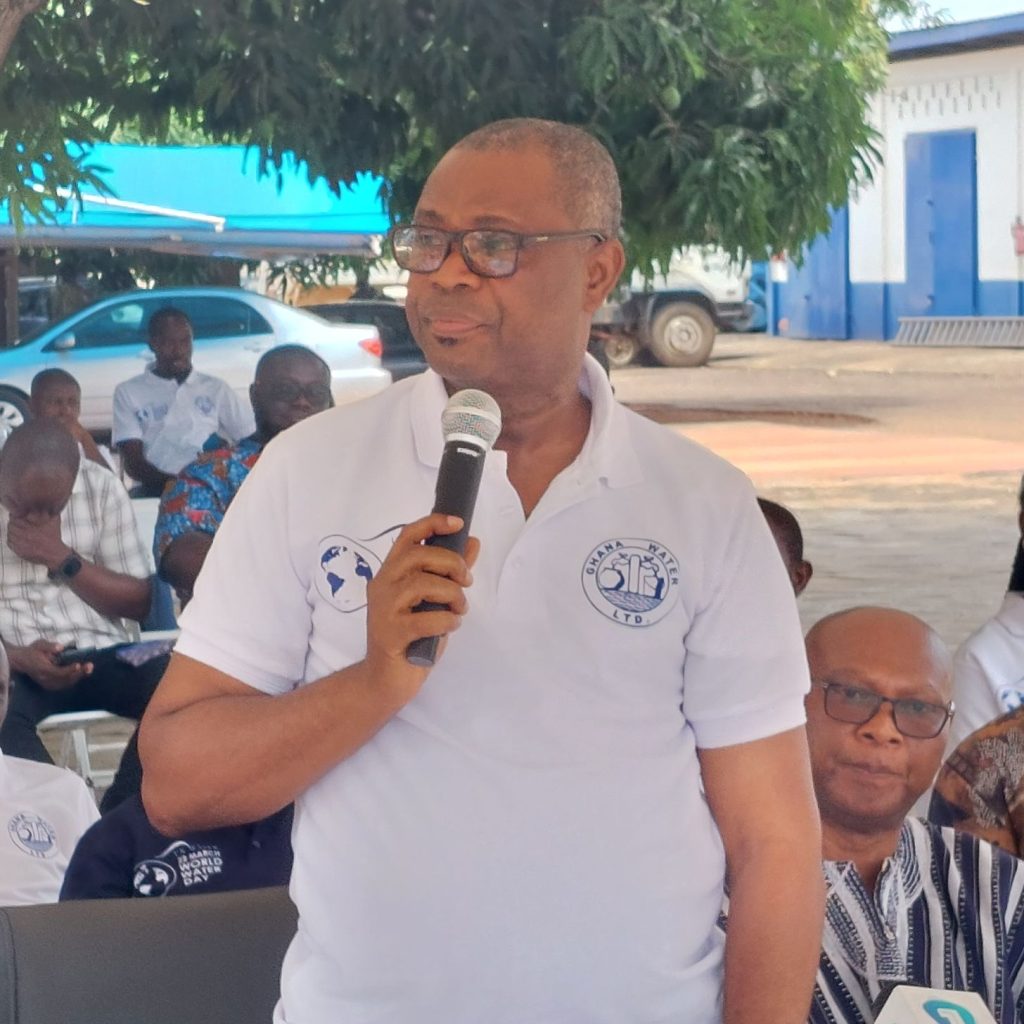|
Getting your Trinity Audio player ready...
|
Mr Collins Theophilus Tawiah, the Bono Regional Chief Manager of the Ghana Water Limited (GWL) has called for a strong partnership to tackle greenhouse gas emissions in the region.
That would help manage meltwater sustainably, he stated, worrying about the “the alarming rate of glacier melting, a huge mass of ice that moves slowly over the land”.
“That is exacerbated by climate change, the frozen world keeps shrinking and thereby leading to an unpredictable and extreme water cycle”, Mr Tawiah stated, when speaking at a forum to mark the 2025 World Water Day in Sunyani.
The GWC organised the forum on the theme “Glacier Preservation” that focused on water conservation.
Mr Tawiah said the retreat of glaciers threatened the lives of billions of people, noting that changes in melt-water flow could result in flooding, droughts, landslides, and rising sea levels.
All these threatened the eco-system underlining the need to preserve glaciers, an essential human survival.
Mr Tawiah said the concerted efforts were required to tackle global warming and thereby addressing the emerging issues of shrinking glaciers.
“Glaciers are critical in regulating the global climate and supplying freshwater which is vital for billions of people”, he stated, pointing out that “while water is abundant, access to clean and safe water remains a privilege for many, rather than a fundamental human right”.
Mr Tawiah said water scarcity impacted four out of ten people globally, with climate change exacerbating the problem through increased droughts, flooding and erratic weather patterns.
In Ghana, he said accessing clean water was particularly challenging, saying water bodies faced contamination from industrial pollution, illegal activities, and inadequate sanitation practices.
Mr Tawiah explained that the United Nations Sustainable Development Goal Six encompassed more than just access to drinking water, sanitation, and hygiene, but also focused on the quality and sustainability of water resources which remained essential for both human survival and environmental health.
The consequences of water scarcity and pollution extend to economic decline, health issues, and social tensions, advocating more investments into water infrastructure, conservation efforts, and educational initiatives.
Mr Solomon Danso-Ankamah, the Principal Basin Officer of the Tano Basin Secretariat of the Water Resources Commission said water preservation was essential hence the need to preserve water sources and to sustain the nation’s ecosystems.
Source: GNA


